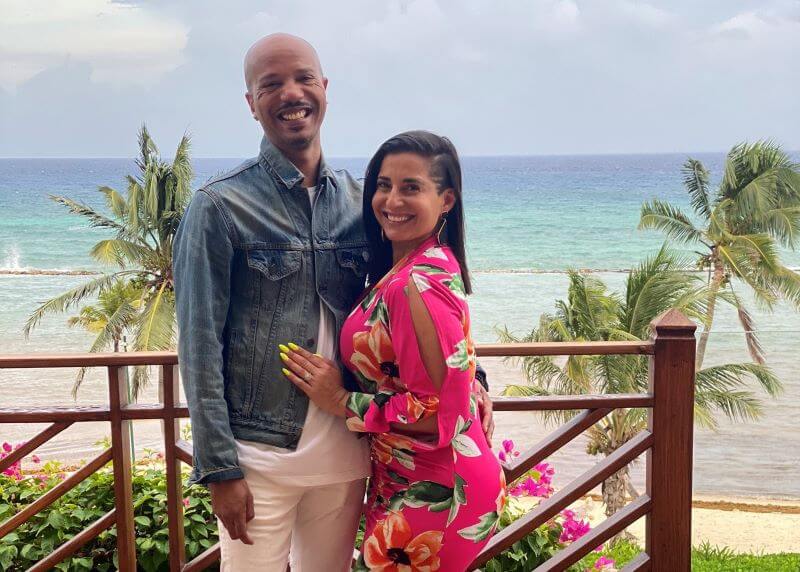How comfortable are you with talking racism, discrimination, and oppression? Does it feel “political” or awkward? Or do you run towards the conversation with excitement and open arms? Maybe somewhere in between.
In all honesty, it was very uncomfortable for me. I spent most of my life avoiding this conversation considering it impolite. I couldn’t understand why people being othered didn’t just try harder to fit in. That’s what I was doing. It’s how I was raised. Yes, be a leader not a follower. Definitely love yourself. But don’t forget that you’re white. And you’ll be disowned if you bring a black man home. Latinos aren’t preferred either. White men look better on you.
Now I’m ready to talk despite discomfort. Because the truth is, discussing oppression, discrimination, and racism isn’t easy. And I certainly don’t say or do everything perfectly. Who does? The real test of our character is the willingness to listen, learn, and try to do better.
What is Your Comfort Zone?

It begins with understanding ourselves in the context of discrimination. Dr. Anu Taranath poses a set of questions in her book Beyond Guilt Trips that help us on this journey.
“Think about people around you: friends, family, neighbors, classmates, colleagues, and wider community. Do most of the people around you look like you? When did you first become aware of who is around you and why that might be so?”
When I first did this exercise, I realized just how white my world looked and how it’s always looked. Let’s remember that I’m not white so I wasn’t surrounding myself with people who looked like me. Quite the opposite. Latinas who were willing to assimilate in the same fashion were welcome in my circle. Those connecting to their culture made me uncomfortable. I did not have any black friends or other people of color.
I’m not shy to acknowledge that these questions didn’t surface until I met my husband, David. He brought them to my attention and not in a judgmental way. It was to help lead me to an understanding of diversity, equity, and inclusion. At the time I assumed my preferred circle looked the way it did because I never had the chance to make friends with people of color. It took more soul searching to understand this wasn’t the case at all. Unknowingly, I was raised to be racist.

Do You Have Uncomfortable Conversations?
Taranath continues, “How often do you talk about race, identity, or culture within your friends or family? Why do you think that is so? How do you think your identities have encouraged you to notice or not notice certain things about power, privilege, history, and society?”
Well, this is an easy one. Never. At least not for most of my life. The lessons I learned were that politics and religion are not polite conversation. It is my responsibility to always make people feel comfortable. Kill them with kindness. Do any of these sound familiar to you?
As a woman with eight nationalities and raised with two religions (not practicing either now), I was taught how to fit in with the majority. This was not an uncommon practice and likely still happens in households across America today. I love my parents and am not trying to throw shade. These are just the facts, as uncomfortable as they might be.
The Road to Inclusion
I still like to make people feel comfortable and shine kindness on the meanies. But politics and religion can be polite conversation and should be discussed. Oh! And racism, discrimination, and oppression should not be categorized by a party line. They are a part of being human and the sooner we see that, the more likely we are to change the world for the better.
Today I challenge you to pay attention and notice what your world looks like. Next take out a pen and paper. Now write out the answers to the above questions. Sit with the discomfort. Know that pretending bad feelings don’t exist won’t make them go away. Then be proud that you are making steps towards a more inclusive world just by this introspection.
